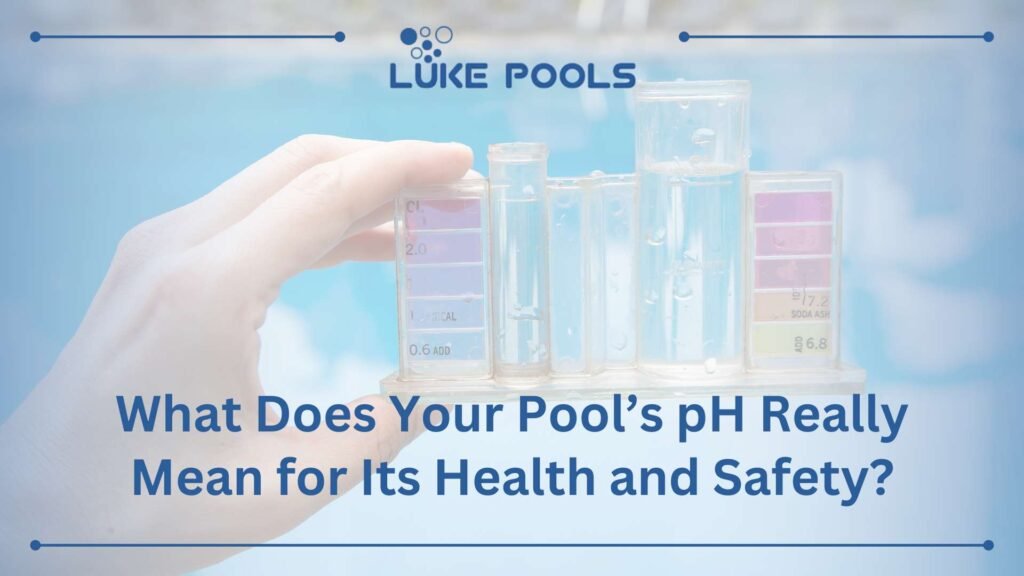Caring for a swimming pool goes beyond just cleaning the water and maintaining the surrounding area. It requires a grasp of the water chemistry that promotes a safe and enjoyable swimming experience. A key factor in this equation is the pH level of your pool water. Ranging from 0 to 14, the pH scale is essential for assessing water quality, influencing everything from how well chlorine disinfects to how comfortable the water feels to swimmers.
Why pH Levels Are Crucial for Pool Health
The pH of a pool should be carefully monitored and maintained within a specific range to ensure optimal conditions. Proper pH levels help prevent the proliferation of algae and bacteria, which are common nuisances that can affect water clarity and health safety. Additionally, the pH in a pool affects the efficacy of chlorine, the most commonly used disinfectant in pool water. When the pH level is too high, chlorine loses its ability to sanitize effectively, allowing harmful microbes to thrive.
Moreover, pH levels have a direct impact on the structural integrity of the pool. A high pH can lead to scaling on the pool surfaces and within the plumbing systems, while a low pH can cause corrosion. This balance is not just about maintaining the appearance of the pool but also about prolonging its lifespan and functionality.
The Ideal Swimming Pool’s pH
Most swimming pools thrive with a pH level between 7.2 and 7.8. Within this range, chlorine works most effectively, ensuring that the water is safe and clean for swimmers. This range also offers the best comfort for swimmers, as it aligns closely with the natural pH of the human eye, which is approximately 7.4. Keeping the pH level in a pool within this range ensures that the water feels natural and does not irritate the eyes or skin.
Furthermore, maintaining the ideal pH level in a pool helps achieve a balanced Langelier Saturation Index (LSI), a measure used to predict the calcium stability of water.
Let Luke Pools Take Care of the Chemistry
Caring for your pool’s pH is not just about adding chemicals—it’s about creating a sustainable and enjoyable swimming environment. Regular monitoring and adjustments are essential, as various factors, including swimmer use, weather, and even the source of your water, can alter pH levels. If you’re seeking expertise in maintaining the ideal pH for your swimming pool, consider reaching out to your local professionals. We at Luke Pools are committed to ensuring that your swimming experience is both safe and enjoyable. For expert pool maintenance in Alpharetta, feel free to contact us.

